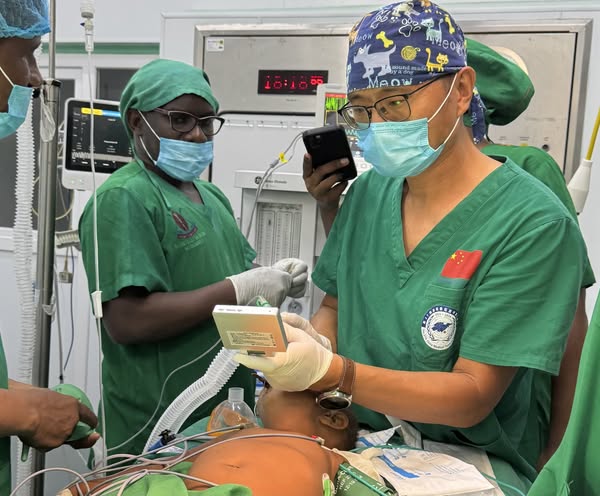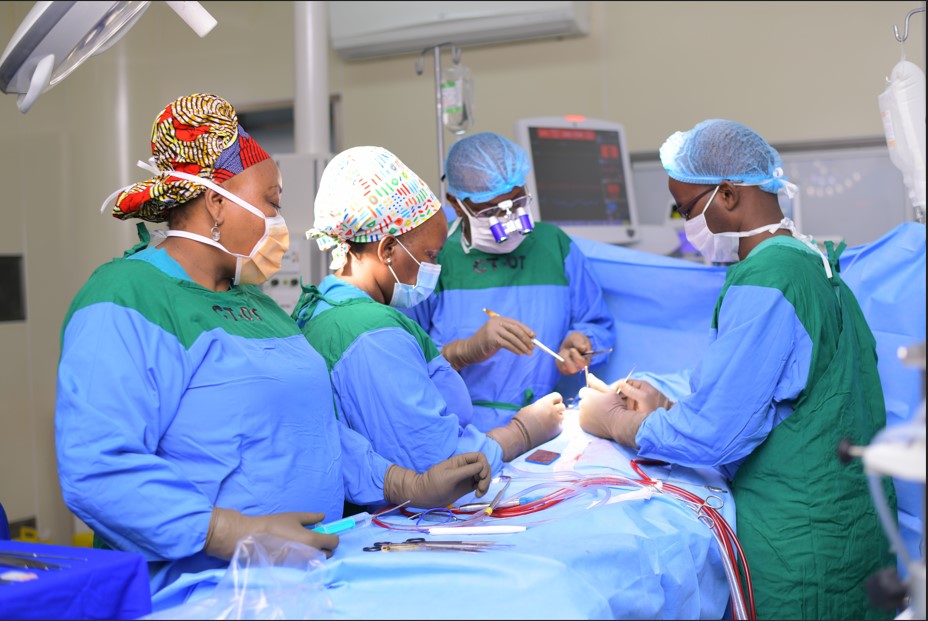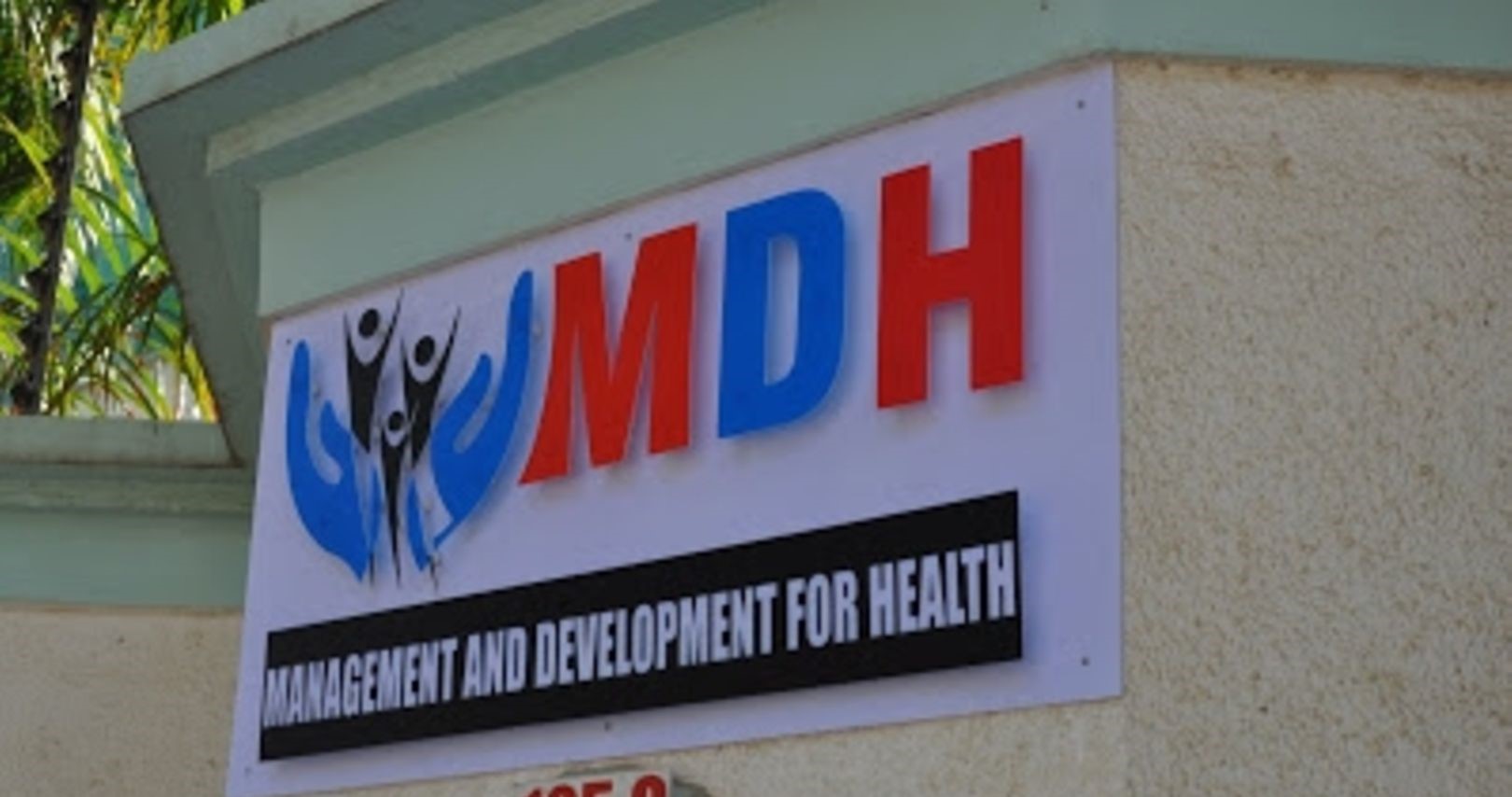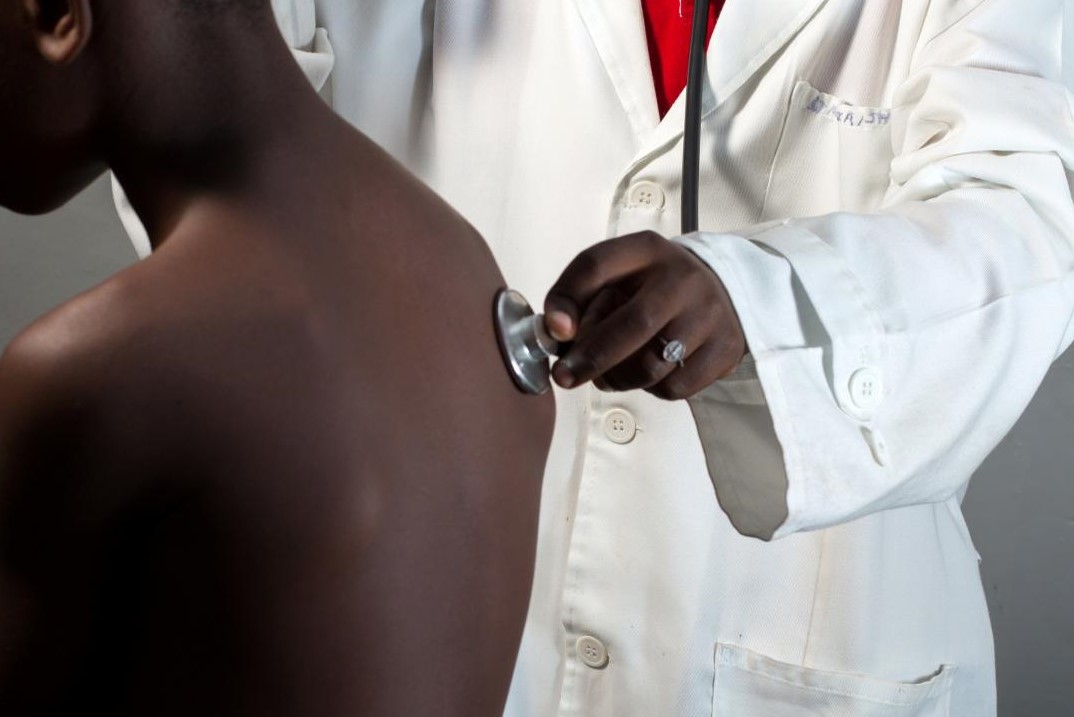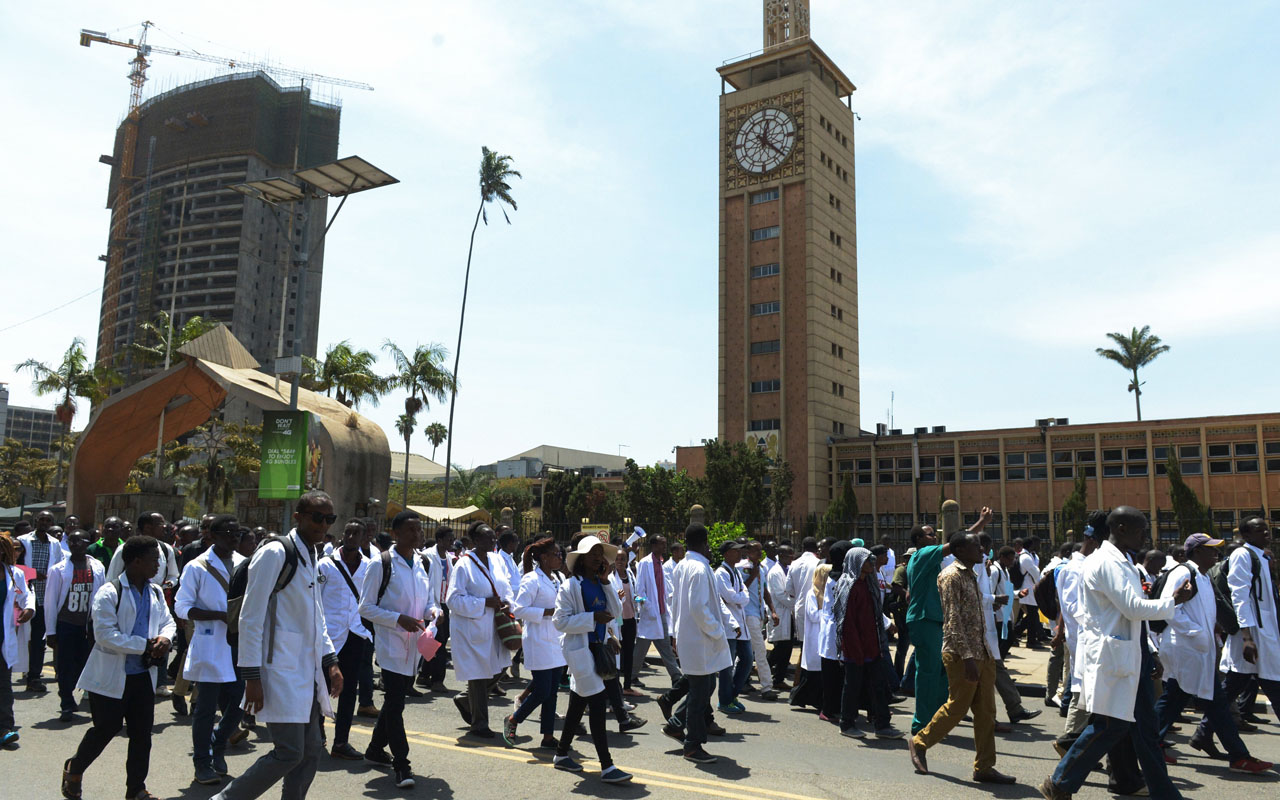Clinicians have been urged to consider recommending a COVID-19 test for patients who happen to be diagnosed with Guillain-Barré Syndrome (GBS)—a potentially life-threatening illness that develops when a person’s immune system attacks their own nerves.
Guillain-Barré Syndrome is often triggered by a viral or bacterial infection; and according to Tanzanian doctors from Muhimbili University of Health and Allied Sciences (MUHAS) and Muhimbili National Hospital (MNH), the coronavirus SARS-CoV-2 must be considered as a trigger for GBS.
In Tanzania, GBS has previously been described as a nervous system disorder among patients with HIV following diarrheal diseases or other respiratory diseases.
Patients with GBS usually complain of a rapid-onset muscle weakness which is accompanied with changes in sensation, beginning in the feet and legs, and eventually spreading to the arms and upper body.
Coronavirus Disease 2019 (COVID-19) must be ruled out by clinicians working at facilities where GBS can be diagnosed, the experts told MedicoPRESS.
This comes after a case report of a 12-year old Tanzanian boy earlier in April published in the Pan African Medical Journal suggesting the importance of identifying GBS as a complication of a viral infection such as COVID-19 so that patients with such a condition can be treated promptly.
The lead author of the report, Dr Hussein Manji, an Emergency Medicine resident at MUHAS said that this is the first case to be described in Tanzania in an African child, and probably the first on the continent. Globally, only 8 cases have been described in association with COVID-19, according to the report.
He further elaborated that clinicians are likely to overlook symptoms of GBS in COVID-19 patients so they need a high index of suspicion to allow early diagnosis.
Karim Manji, the co-author and professor at MUHAS’ Department of Pediatrics and Child Health said the case report about the boy was published because it is a rare occurrence that medics could learn from and raise a possible link.
In evaluating the patient who presented earlier in April this year and whose details were published on July 15(2020), the clinicians had focused mainly in sorting the chest symptoms in the context of COVID 19 which was a situation of heightened alert at that particular point in time, according to the authors.
“… [GBS] may have been overlooked because the chest findings and symptoms[of the patient] were of COVID-19…when a thorough history and examination was done, it was found clinically that the patient had all features pointing to GBS, for which he was supported by being ventilated,’’ Prof Manji explains.
Dr Upendo George, an emergency medicine physician at MNH explained that the symptoms of GBS are progressive weakness, so a patient may report to the first point of care with mild weakness and by the time he/she is referred, it may have progressed further eventually enhancing the need for mechanical ventilation.
The World Health Organization (WHO) says that people of all ages can be affected by GBS, but it is more common in adults and in males. Most people recover fully from even the most severe cases of GBS, the WHO points out.
In dealing with the latest case scenario described in the published report, Dr Namala Mkopi, a Pediatric Critical Care Fellow at MNH said, “Simultaneously, while observing precautions, this patient was also provided supportive care including mechanical breathing. The COVID 19 which came out positive and the chest findings supported the same. The patient was ventilated at the Paediatric Intensive Care Unit of Muhimbili National Hospital and given intravenous immunoglobulins (IVIG) and had started improving.”
Reference:
Hussein Karim Manji et al. Guillain-Barré syndrome associated with COVID-19 infection. Pan African Medical Journal. 2020;35(2):118. [doi: 10.11604/pamj.supp.2020.35.2.25003]

